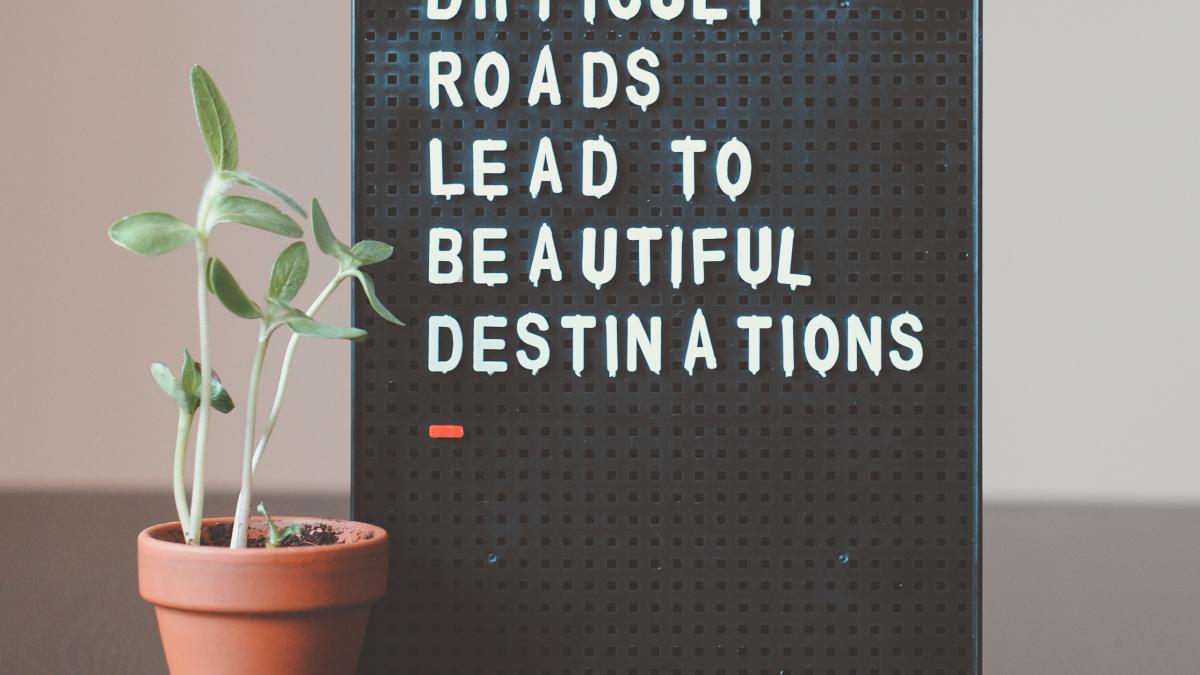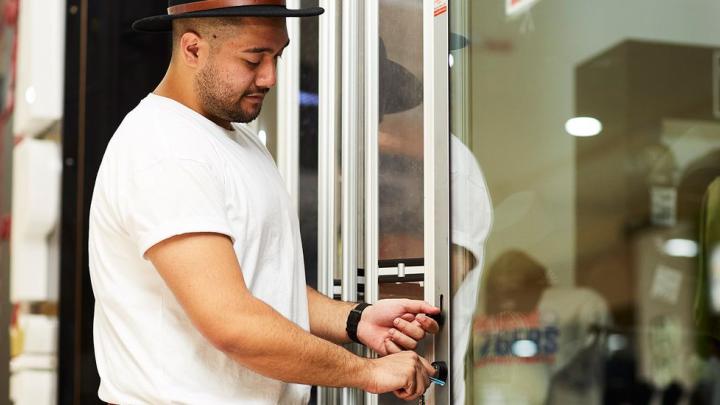
So you’ve researched an employer, tailored your application and scored a job interview. Congratulations!
But after the interview you anxiously wait by the phone to hear.... nothing!
It’s not a great feeling to put in all that time and effort for a job interview and not hear anything back from an employer, especially if it’s a role you really wanted.
Many employers do contact all unsuccessful candidates but some don't. What you must remember that the reasons these employers don’t contact unsuccessful candidates can have very little to do with you as an individual and everything to do with the employer.
So, why don’t employers follow up with unsuccessful candidates after an interview?
Lets look at some possible reasons some employers don’t contact unsuccessful job seekers. These include:
1. They don’t have time. Employers are busy. Contacting every candidate and providing thoughtful feedback takes time. Consider that an employer may have had multiple positions to fill and may have interviewed a number of candidates for each position. That’s a lot of emails or phone calls.
2. Your personal presentation needs work. If a candidate turns up late, not dressed professionally, is distracted or looks bored, an employer is going to automatically assume they don't want the job. Impress an employer at a job interview by dressing right for the role, watching your body language and getting those nerves under control.
3. They simply don't have to. You might feel like you are entitled to a response after all that work you put into your application. Whether it's fair or not, employers aren't actually obligated to inform unsuccessful candidates.
However there are employers who will go out of their way to provide updates and feedback to unsuccessful candidates so always take the opportunity if you are offered feedback by an employer.
Positive ways to handle radio silence from employers
1. Don’t take it personally. It never feels good to feel ignored but remember that a lack of response from an employer can have less to do with you and everything to do with them.
2. Try to see it from the employer’s perspective. They may have had dozens of applications. Especially in a smaller businesses, it’s likely that the recruitment is being done in addition to their regular day to day duties. An individual might have to choose between contacting all the unsuccessful applicants or heading home at the end of a long day.
3. It's okay to follow up after a job interview. It is completely reasonable to contact the employer a day or so after your interview to say thanks and to ask how their recruitment process is going. This can help keep you front of mind for an employer and could even increase your chances of getting the job.
4. Don't lose your cool. It's important not to let your frustration get the better of you. Never get angry at an employer – this only hurts yourself.
5. Seek feedback from others. If the employer isn't forthcoming, think about whether there is anyone else you can get feedback from. For example, career counsellors, parents or friends. If you have made it to the job interview stage you can safely assume that your application and resume are good, so try to focus on your interview technique. Consider doing a ‘mock job interview’ with someone you trust to see whether they have any pointers on your interview technique. For example, are you too fidgety, talking too fast or too much, maybe you underplay your strengths or achievements or maybe your personal presentation needs a tweak? Use this information to improve your job search approach.
- Do something for you. Try and shake it off by doing something positive for yourself, for example, get some exercise or catch up with friends.
- Get help when you need it. Check out our articles for more support:




